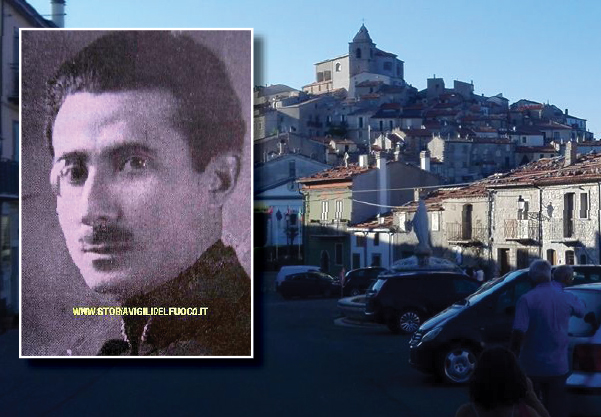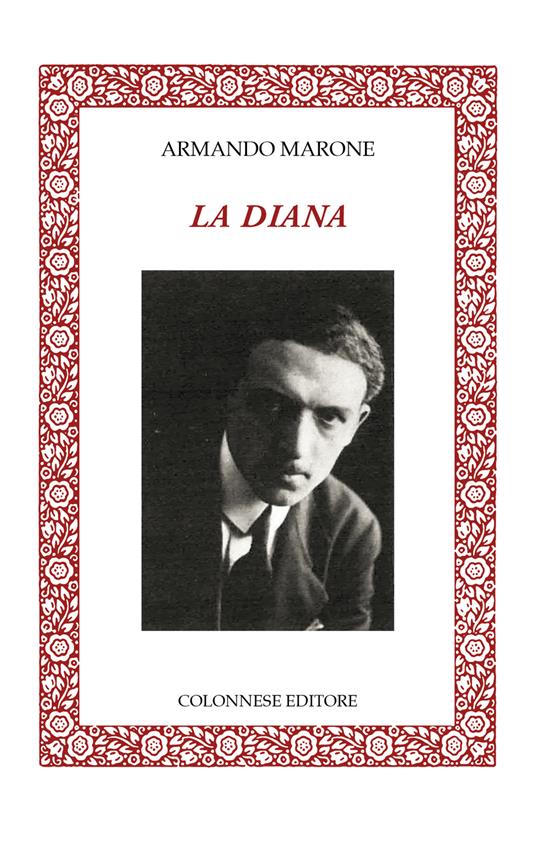Amici «appuntamentisti»,
(dove sono andato a pescare quest’orribile vocabolo? Che importa? Fa per noi), vi avevo promesso che sarei tornato a parlarvi di Badia Prataglia, quel paesino — ricordate? — coi tetti rossi buttati di qua e di là della strada che sale al Passo dei Mandrioli, tra foreste di abeti, faggi e castagni dove ho conosciuto la scorsa estate il parroco Don Carlo Caporali, un giovinette dagli occhi spiritati che si morde l’anima perché non riesce a fare la carità che vorrebbe (a proposito, signori abbienti, avete fatto il vostro dovere per le opere assistenziali di Badia?): ed eccomi a mantenere la parola.
Ricorderete con me il boscaiuolo maestro della «Schola Cantorum», il simpatico troglodita che di giorno ricava dal legno oggetti d’arte e strumenti di lavoro e la notte lavora nei boschi al lume delle torcie. Beh, vi assicuro che a vederlo dirigere una Messa di Requiem o che so io — com’è capitato a me — è un vero godimento. Giuseppe Mulinacci non adopera bacchetta, forse perché pensa che serve soltanto a richiamare l’attenzione dei critici (e lui se ne infischia) o a darsi arie; ma il gesto di quelle mani nobilitate dai calli è ampio, alate come la sua anima; il lampo degli occhi abituati alle tenebre penetra attraverso le spesse lenti nel cuore dei bravi giovinotti — quasi tutti boscaiuoli come lui — del coro intonatissimo, e in tutta la magra persona vibra una commozione che si trasmette all’uditorio come se suscitasse i gemiti e gli alleluia dei grandi alberi secolari sotto cui egli trascorre, chino, le lunghe notti d’inverno per portare un po’ di pane alla famiglia.
Ebbi la ventura di assistere alle prove della «Schola» alla vigilia di una Messa solenne che raccolse nel tempio romanico di Badia una folla enorme di popolo credente (crede persino che può fare il comunista e come faccia a servir Dio e… Lenin non riesco a capire!). Con pochi amici invademmo una sera il presbiterio dalla parte della sagrestia, proditoriamente, e posso dirvi che se non ho pianto di consolazione allo spettacolo di quel gruppo d’operai innamorati di Dio, che cantavano le sue lodi, gli è perché piangeva lacrime di sangue per l’umanità tutta, un Crocifisso così grande da darmi la sensazione che abbracciasse le nostre miserie, compresa la miseria beata di questo poeta della musica e della foresta: Giuseppe Mulinacci, maestro boscaiuolo della «Schola Cantorum» di Badia Prataglia (Arezzo).
Scrivetegli, amici, illuminate con le vostre offerte la sua vita dura; ditegli che con la sua lenisca la dignitosa povertà dei bravi giovani della Scuola e dai monti di Badia scenderà un po’ d’ossigeno e di luce sulle vostre case.
Ve lo assicura
BENIGNO
2 gennaio 1949






